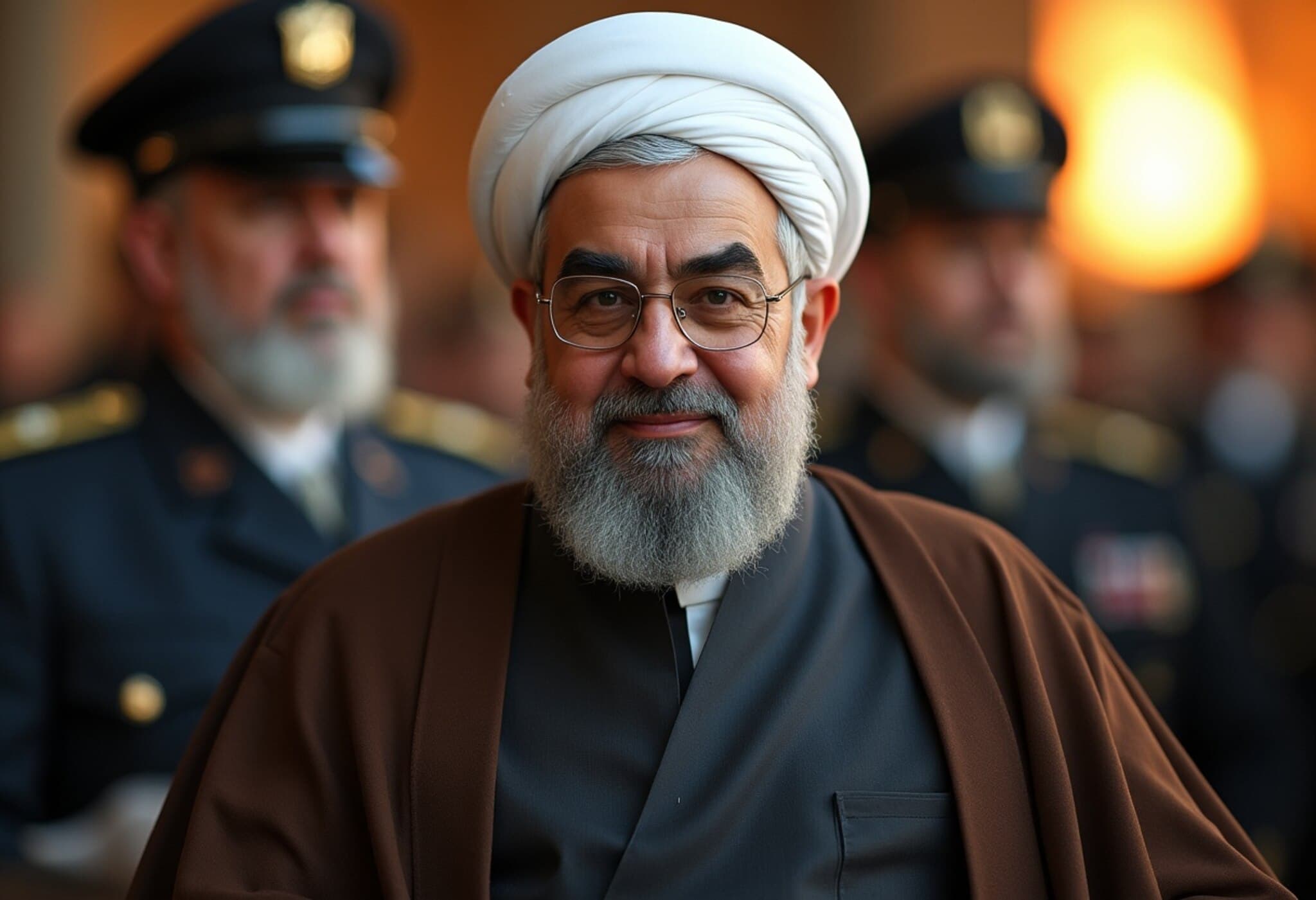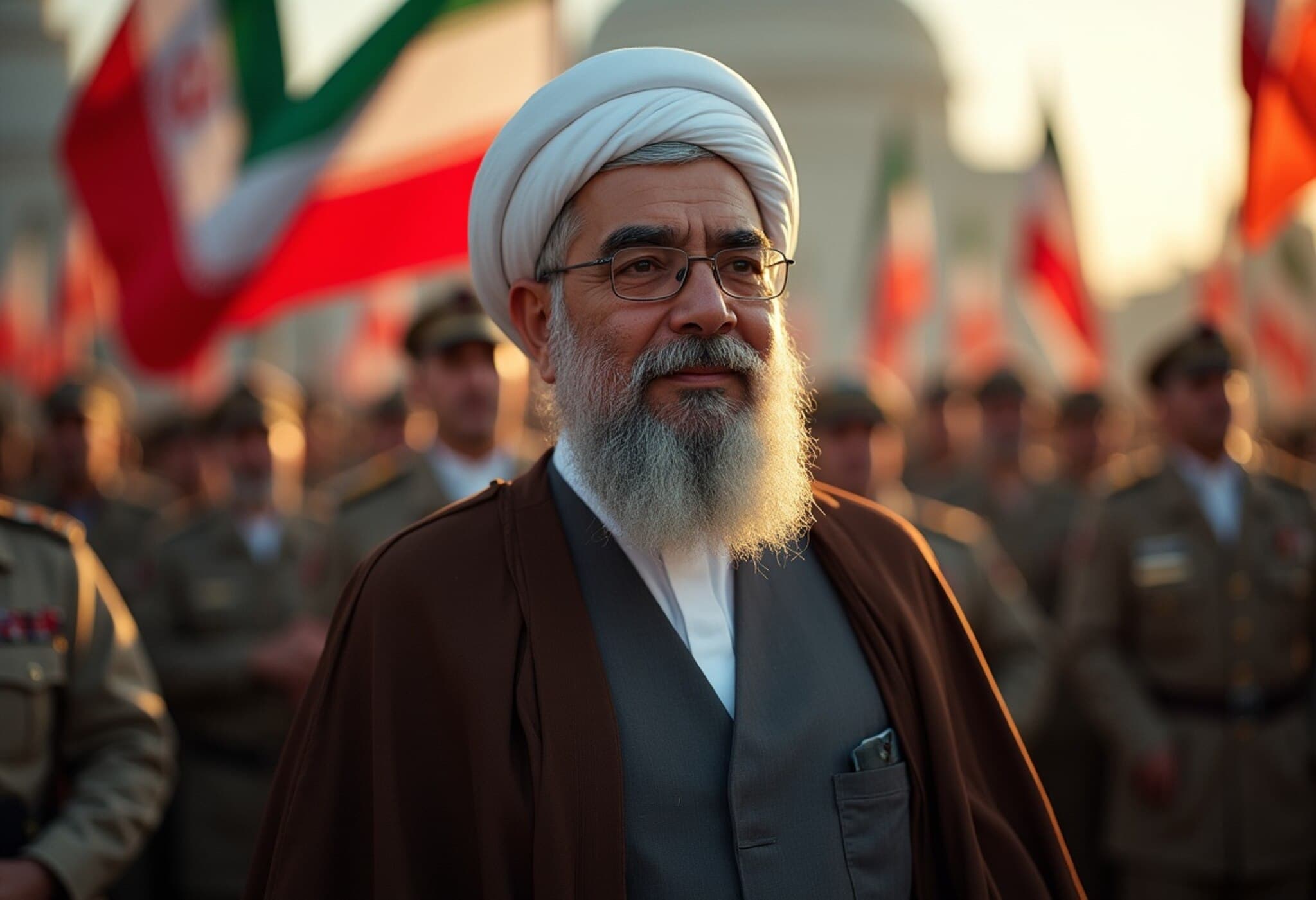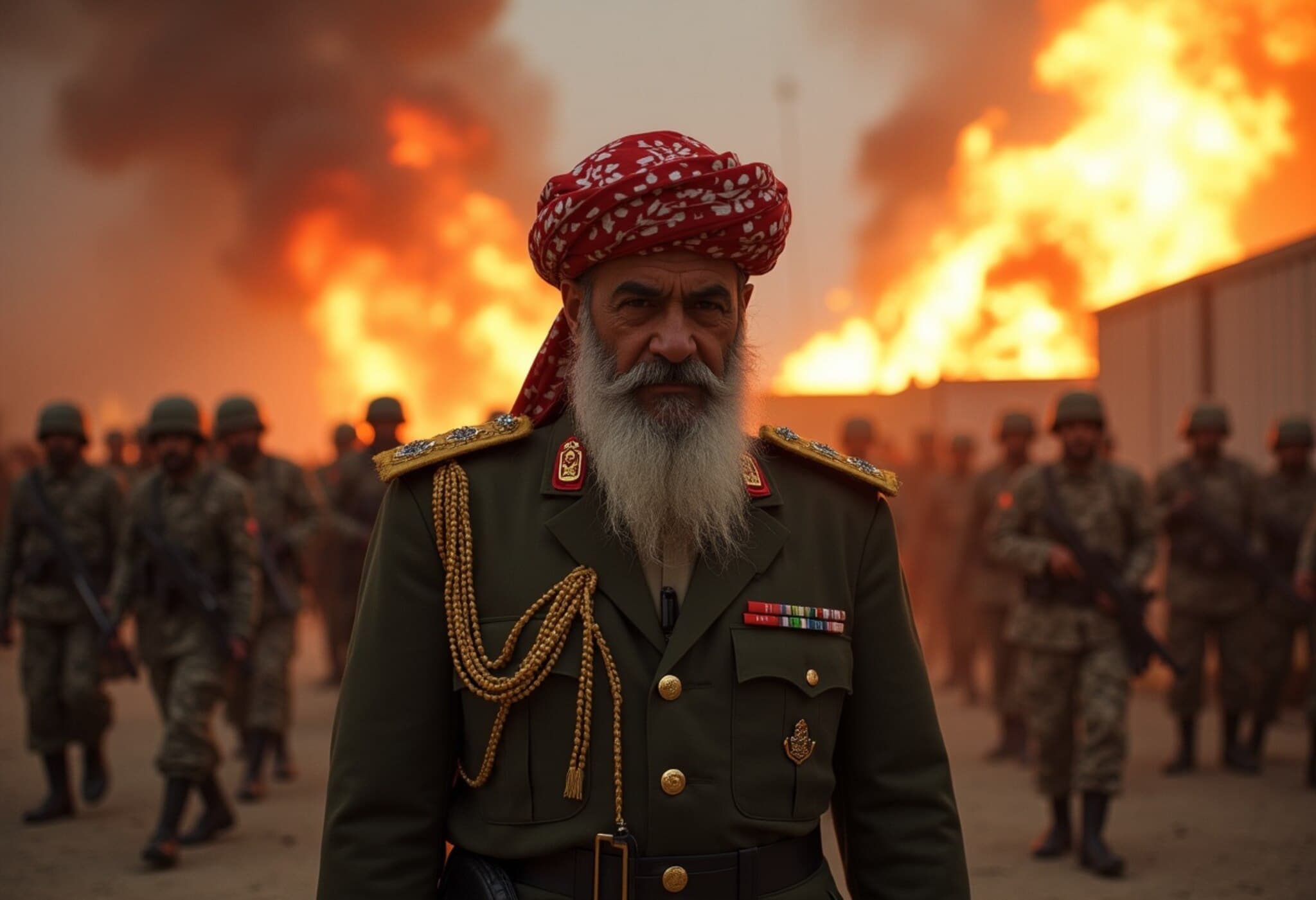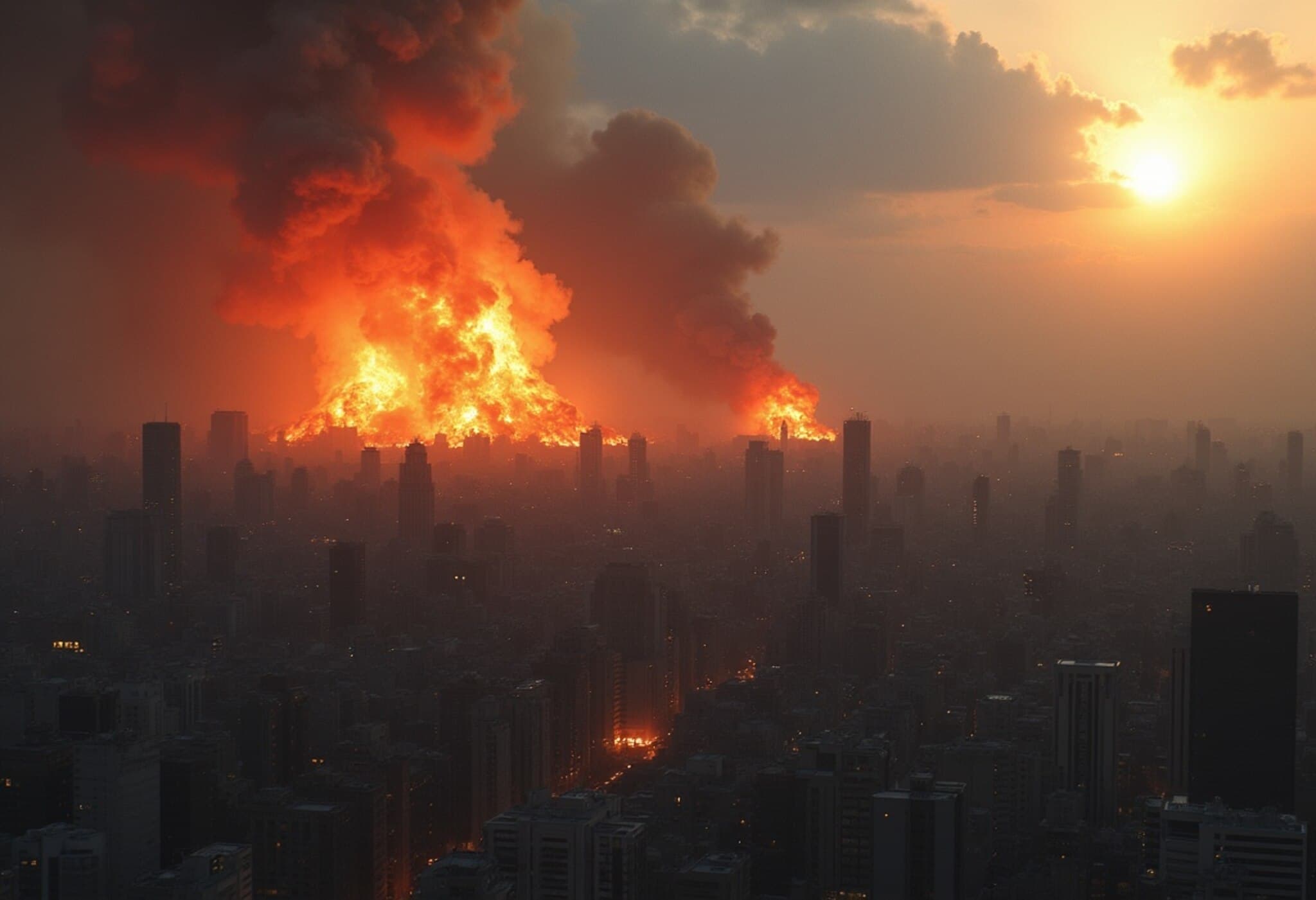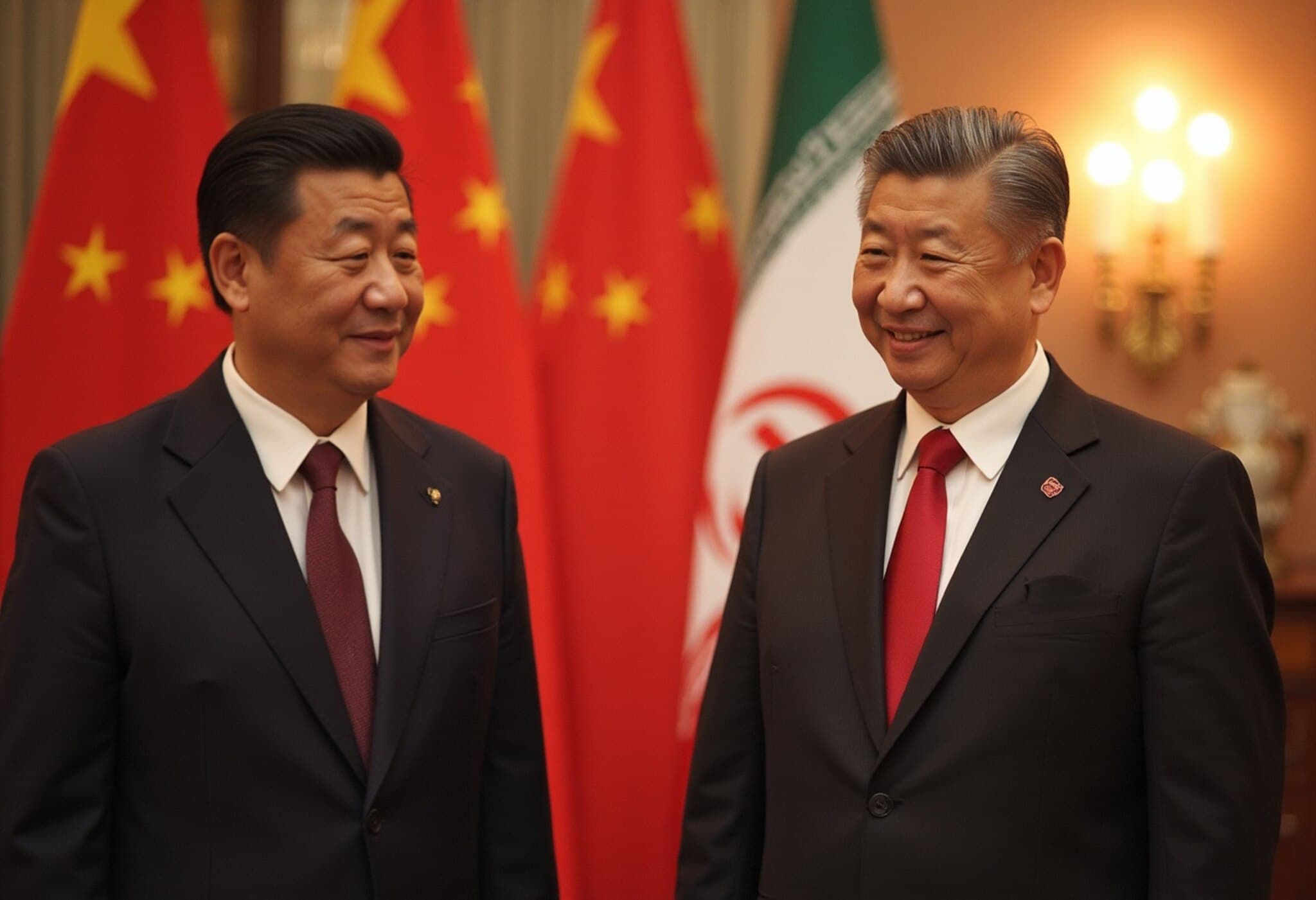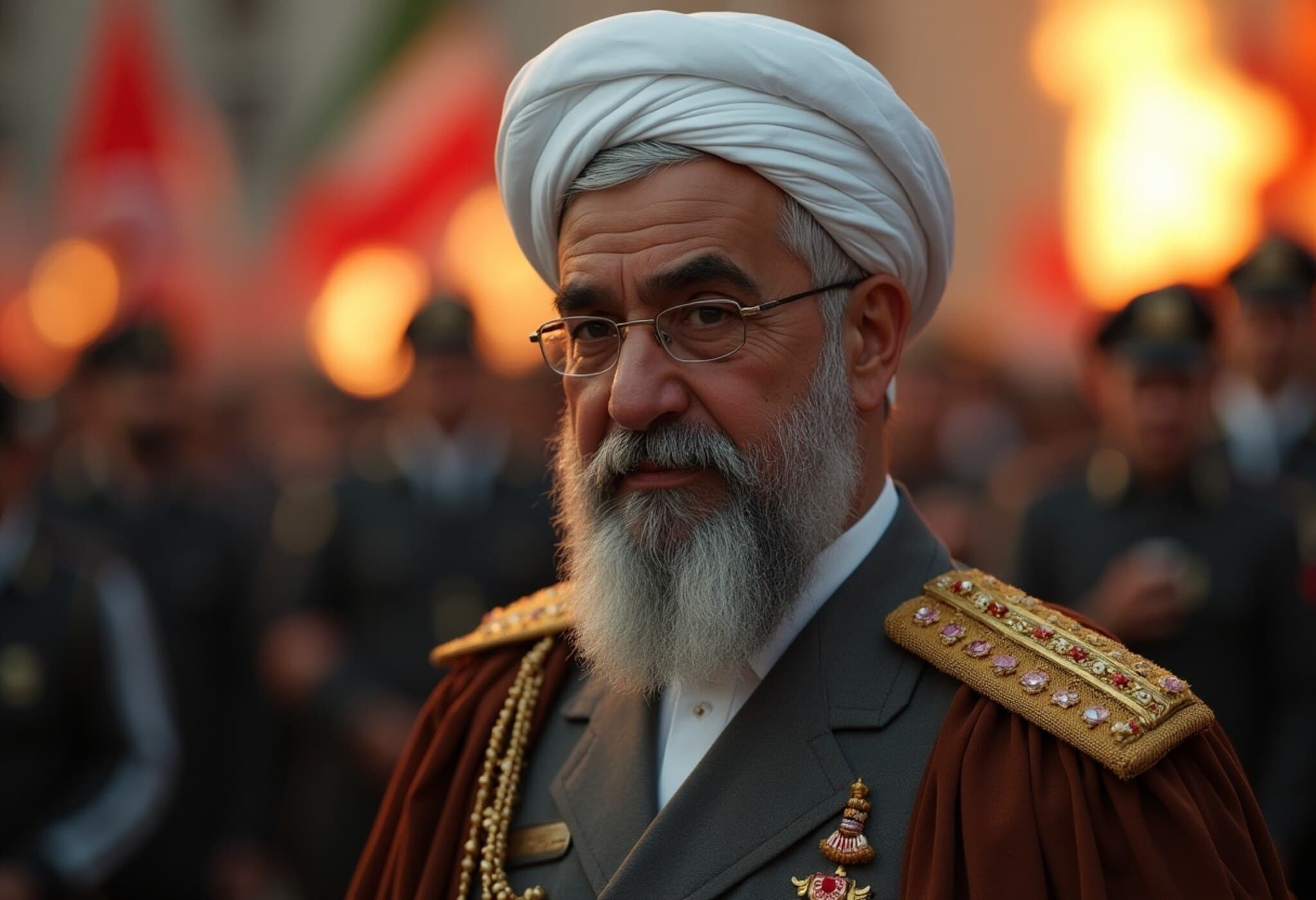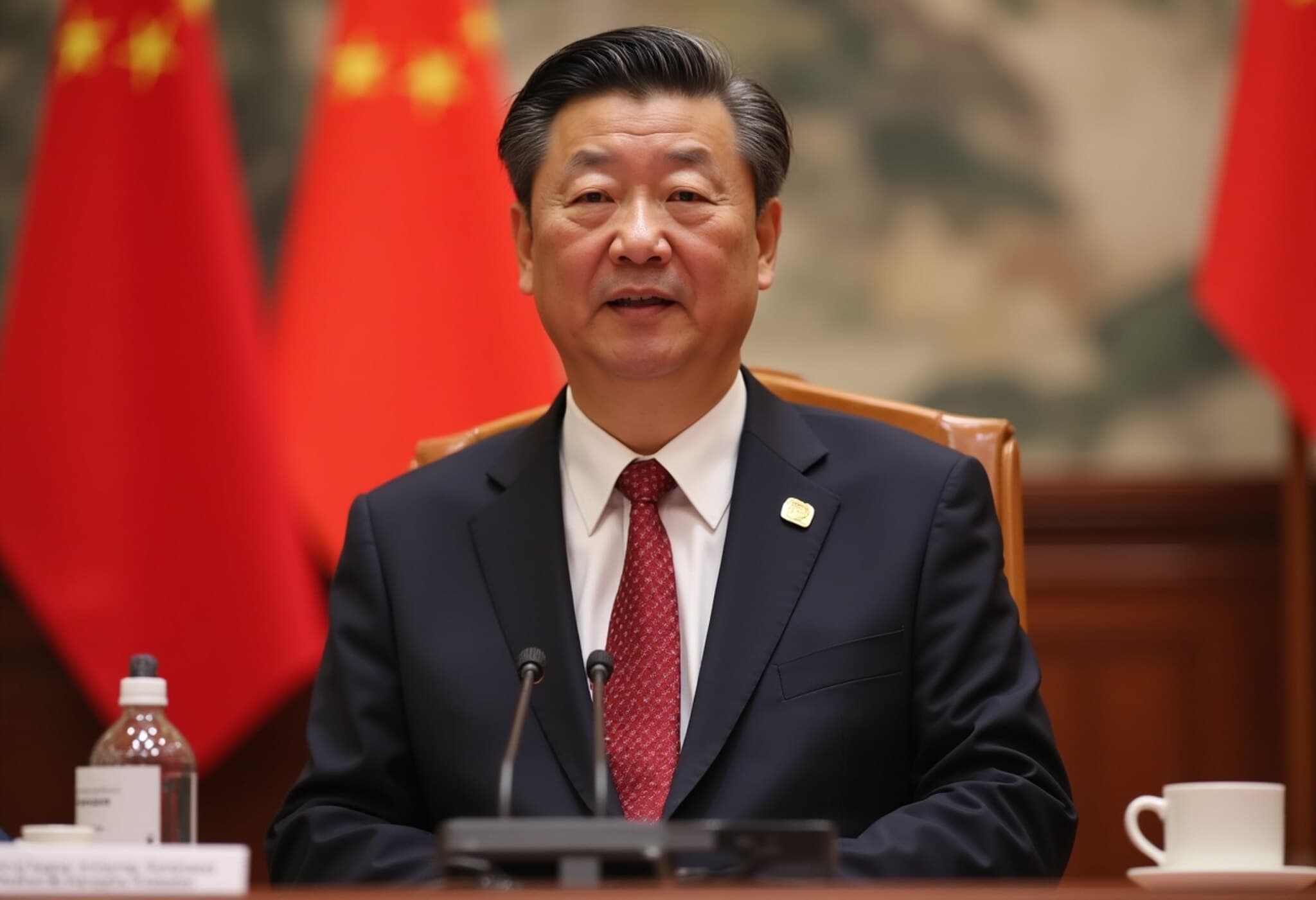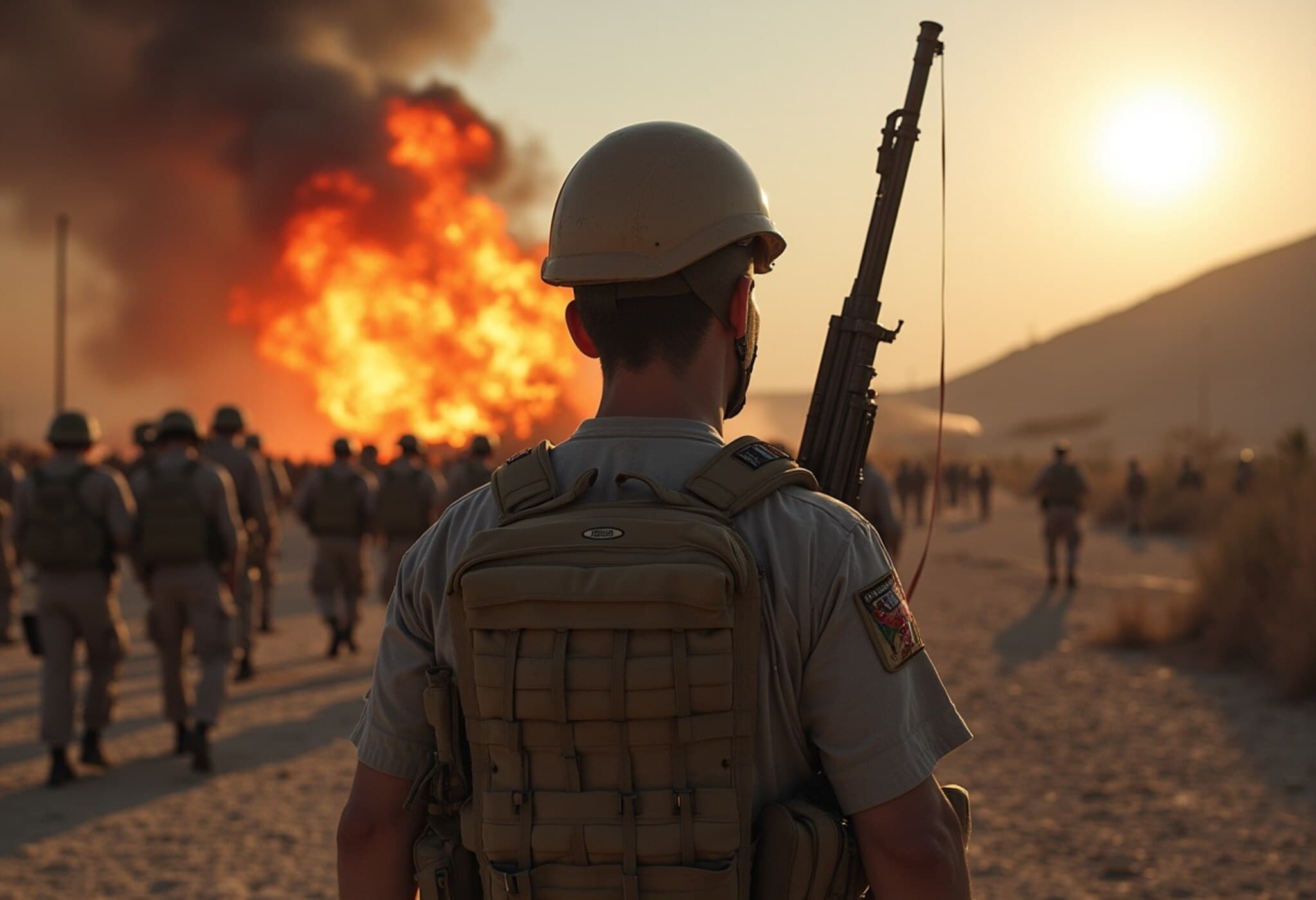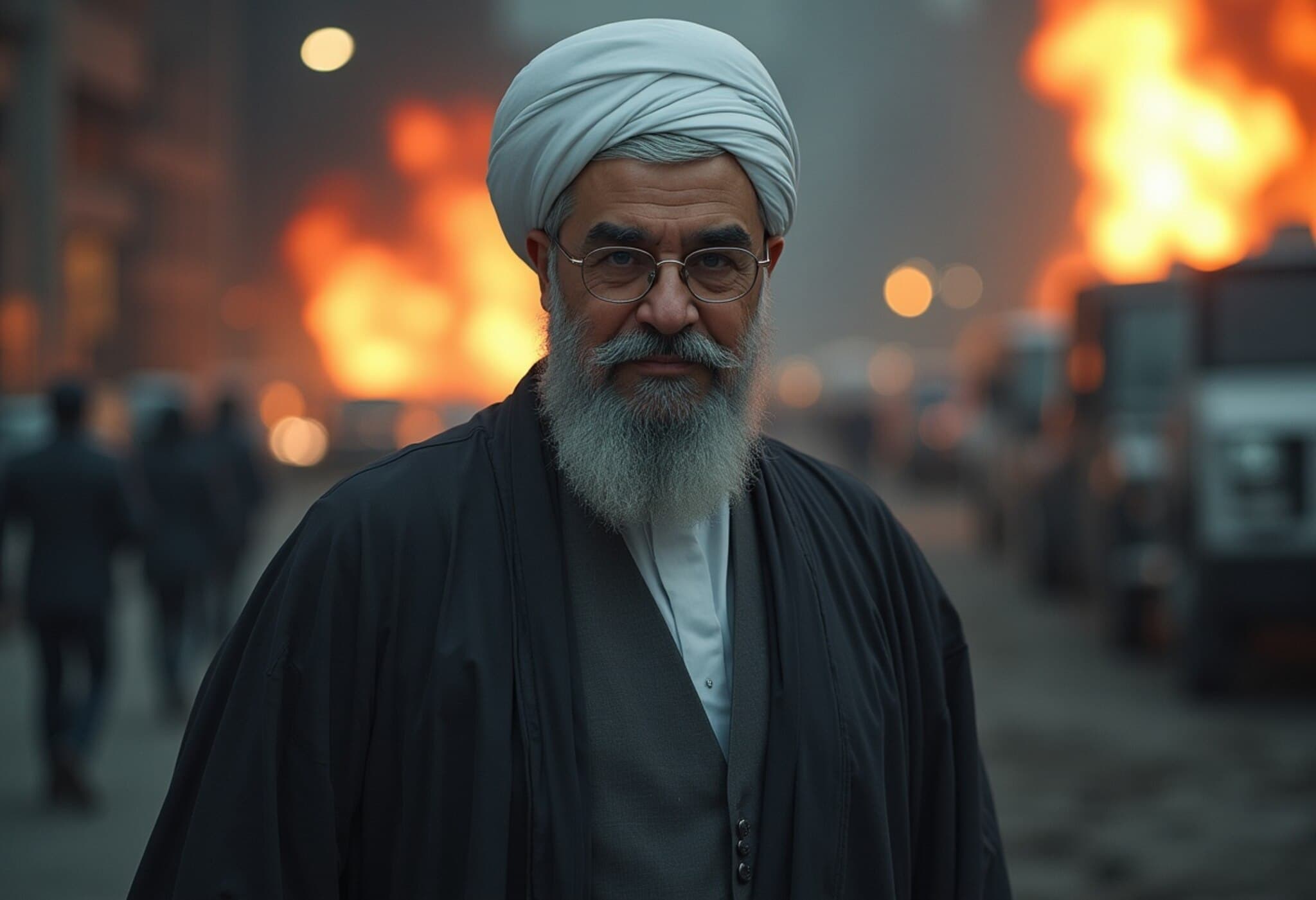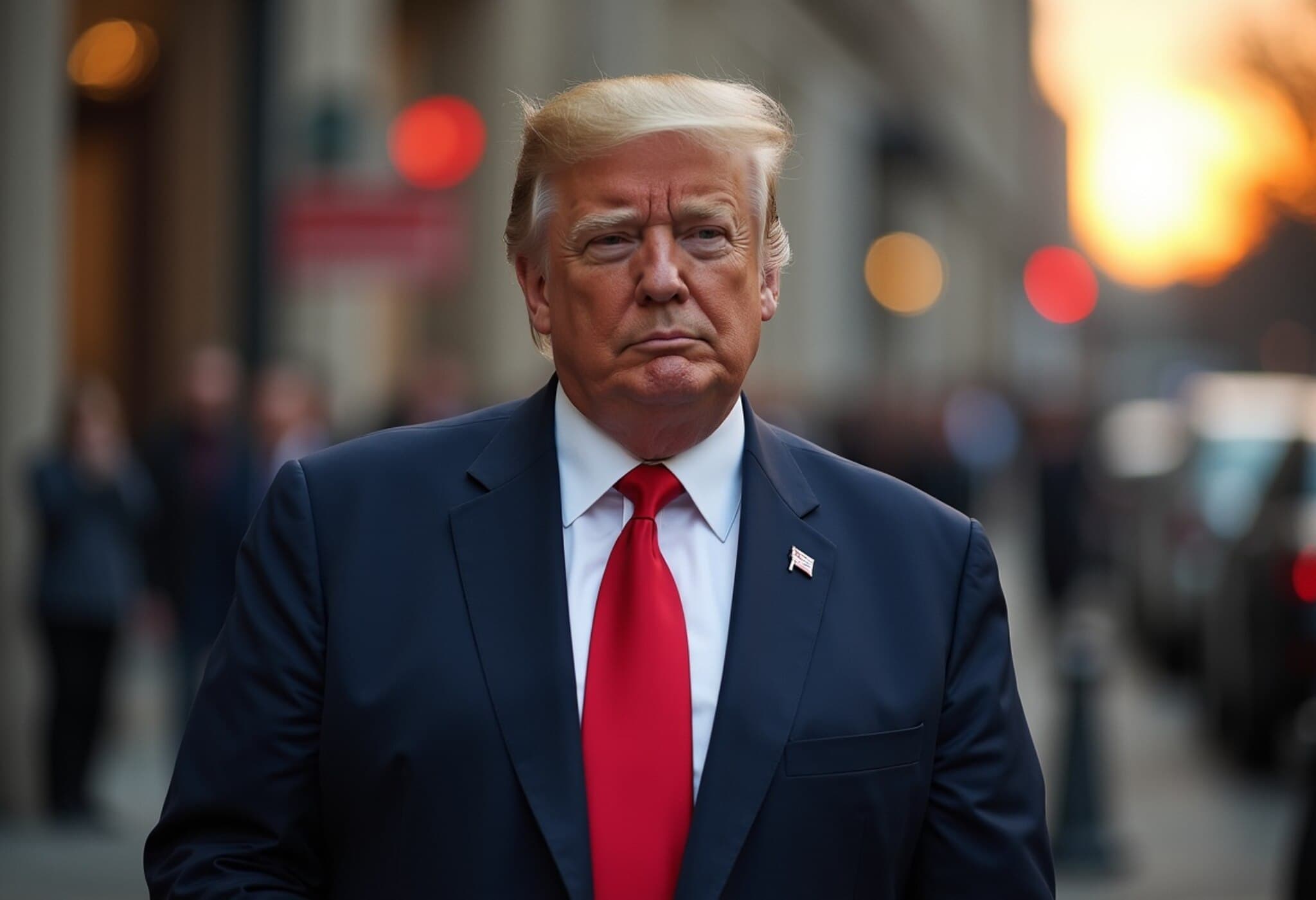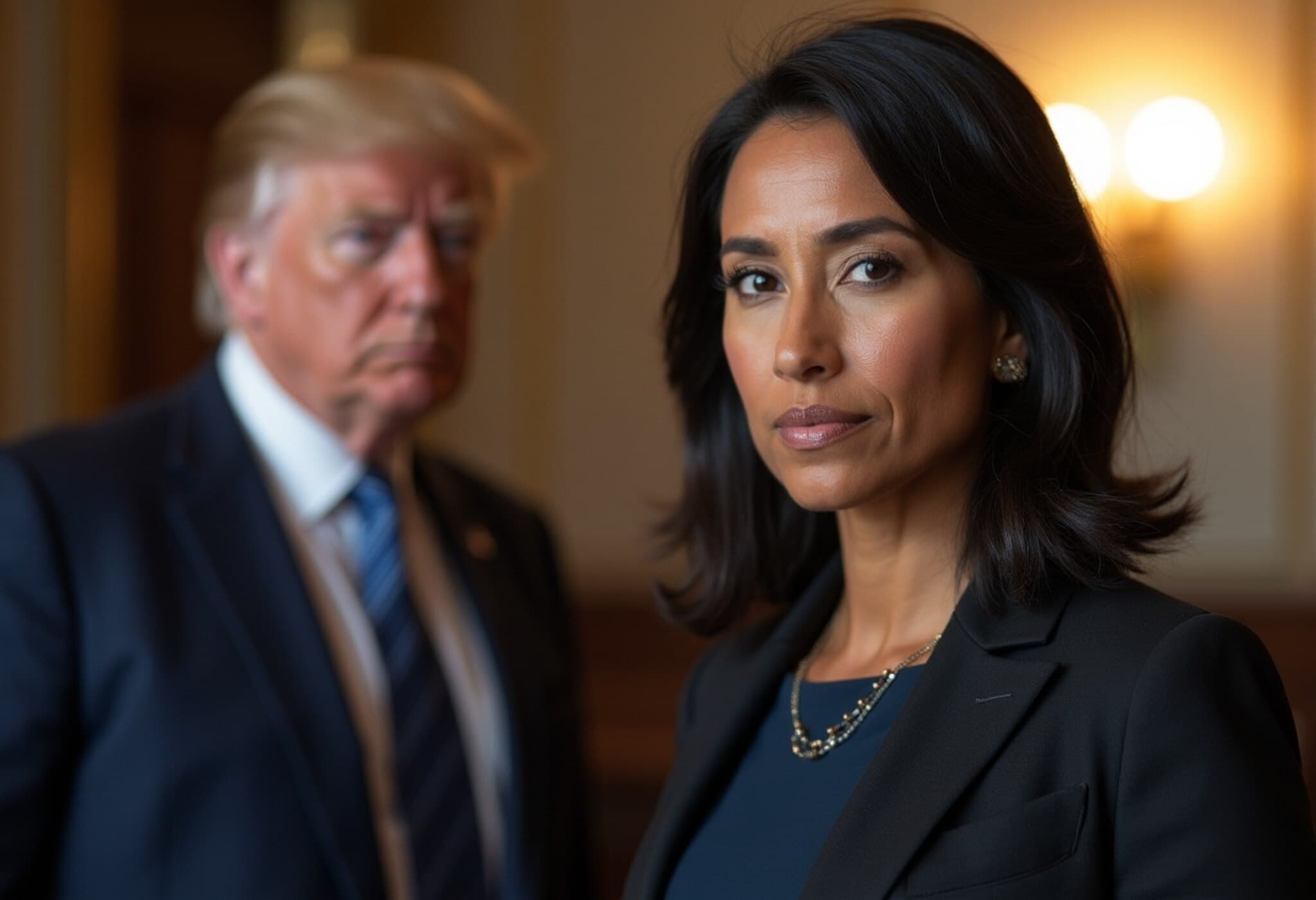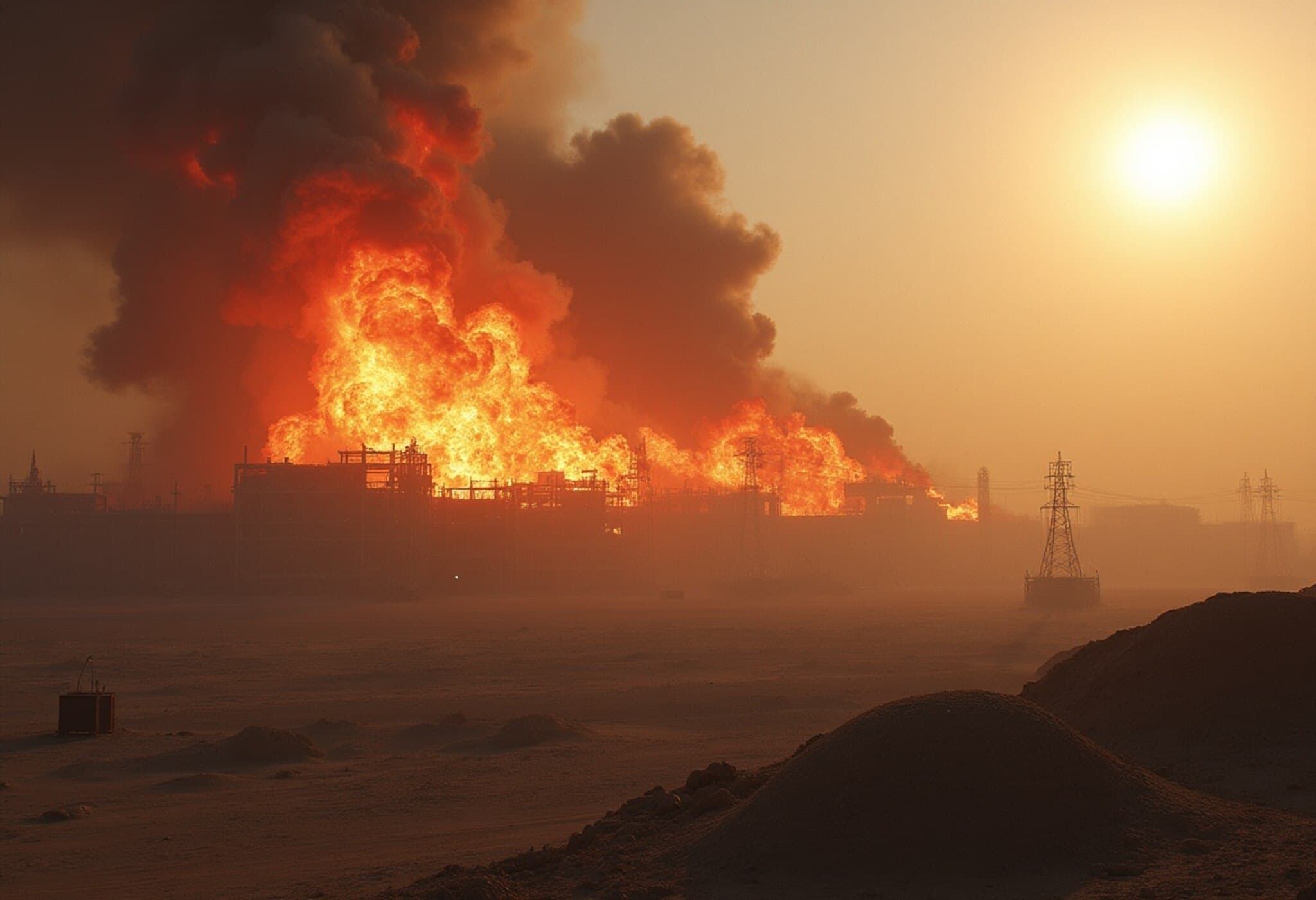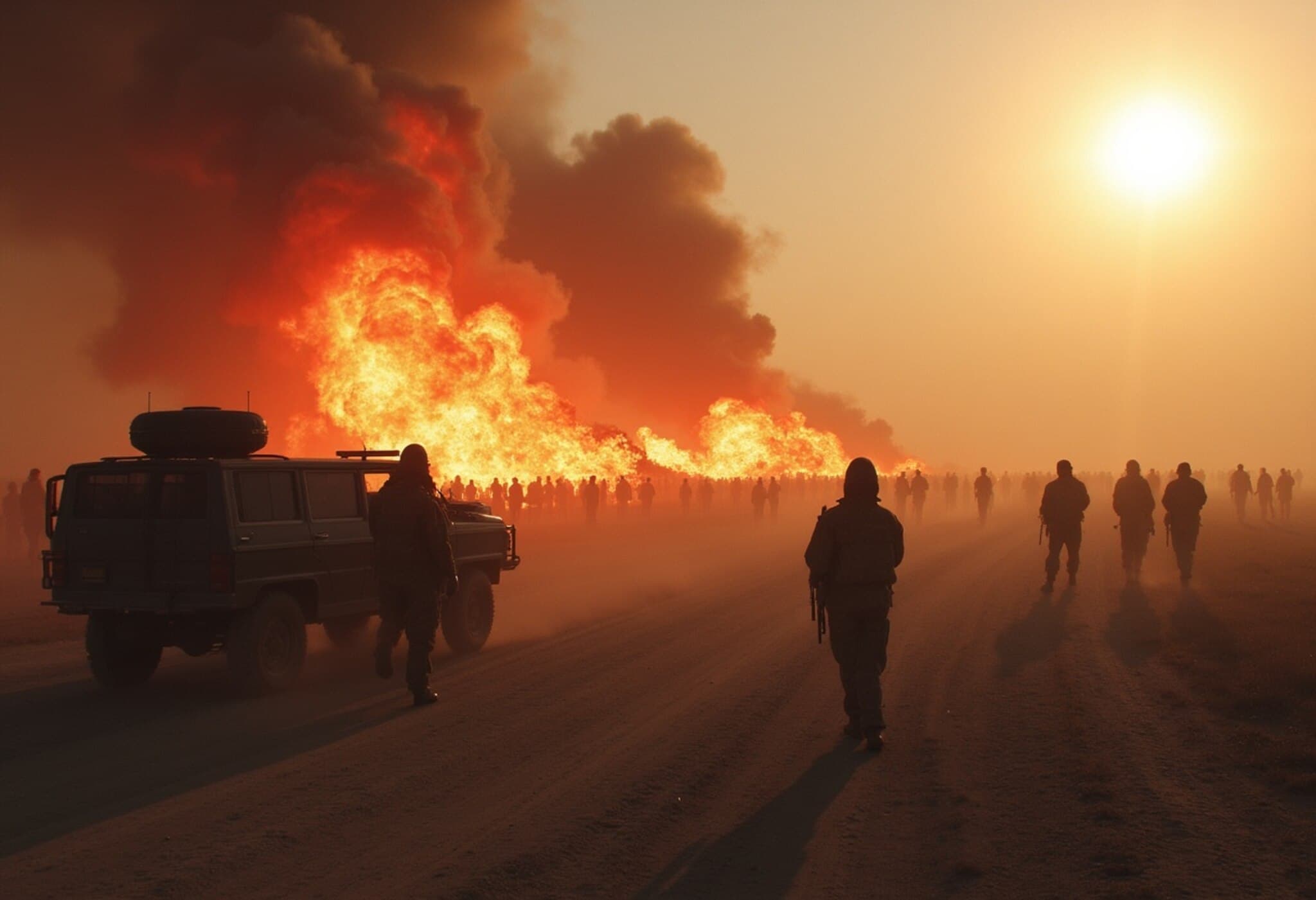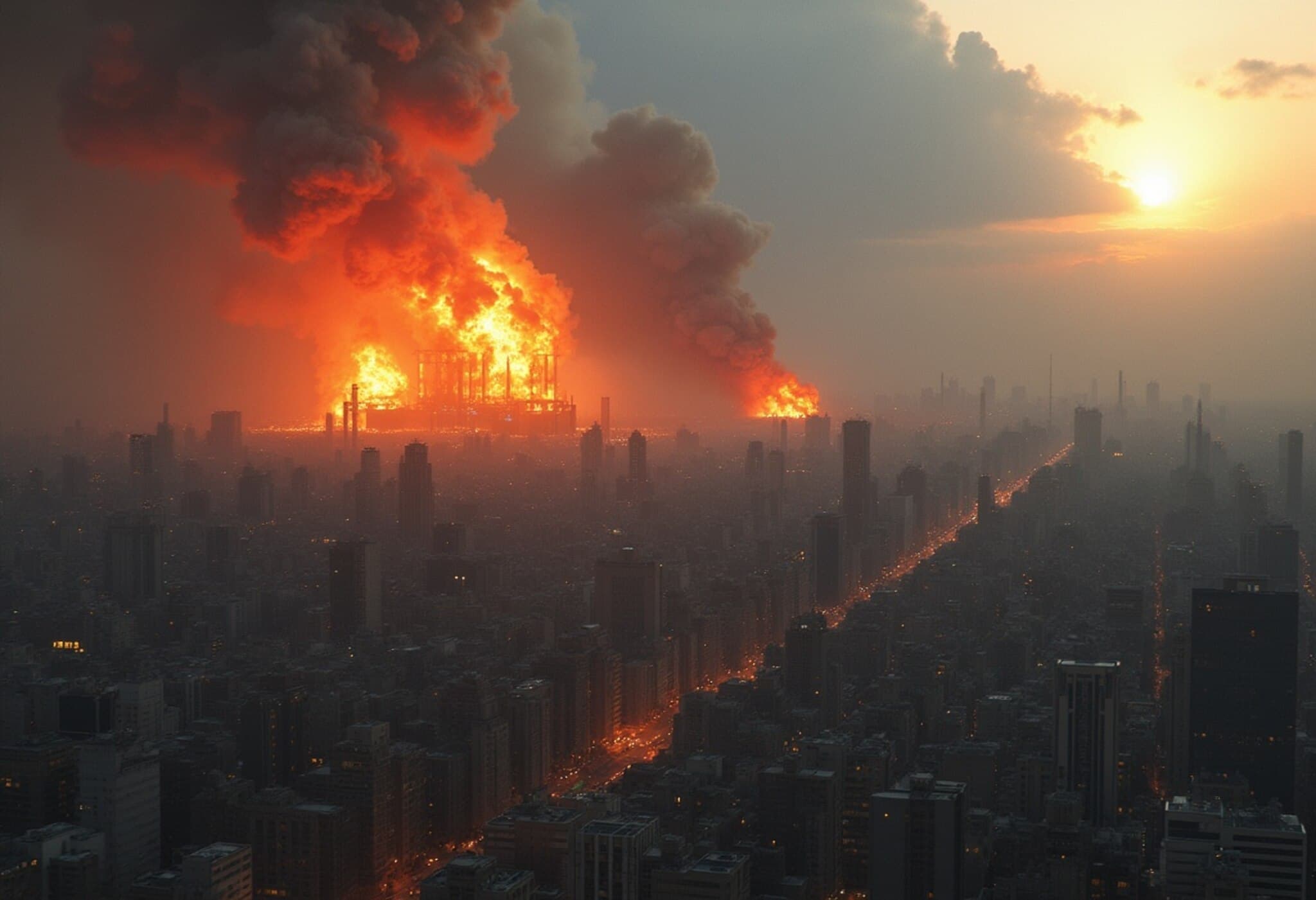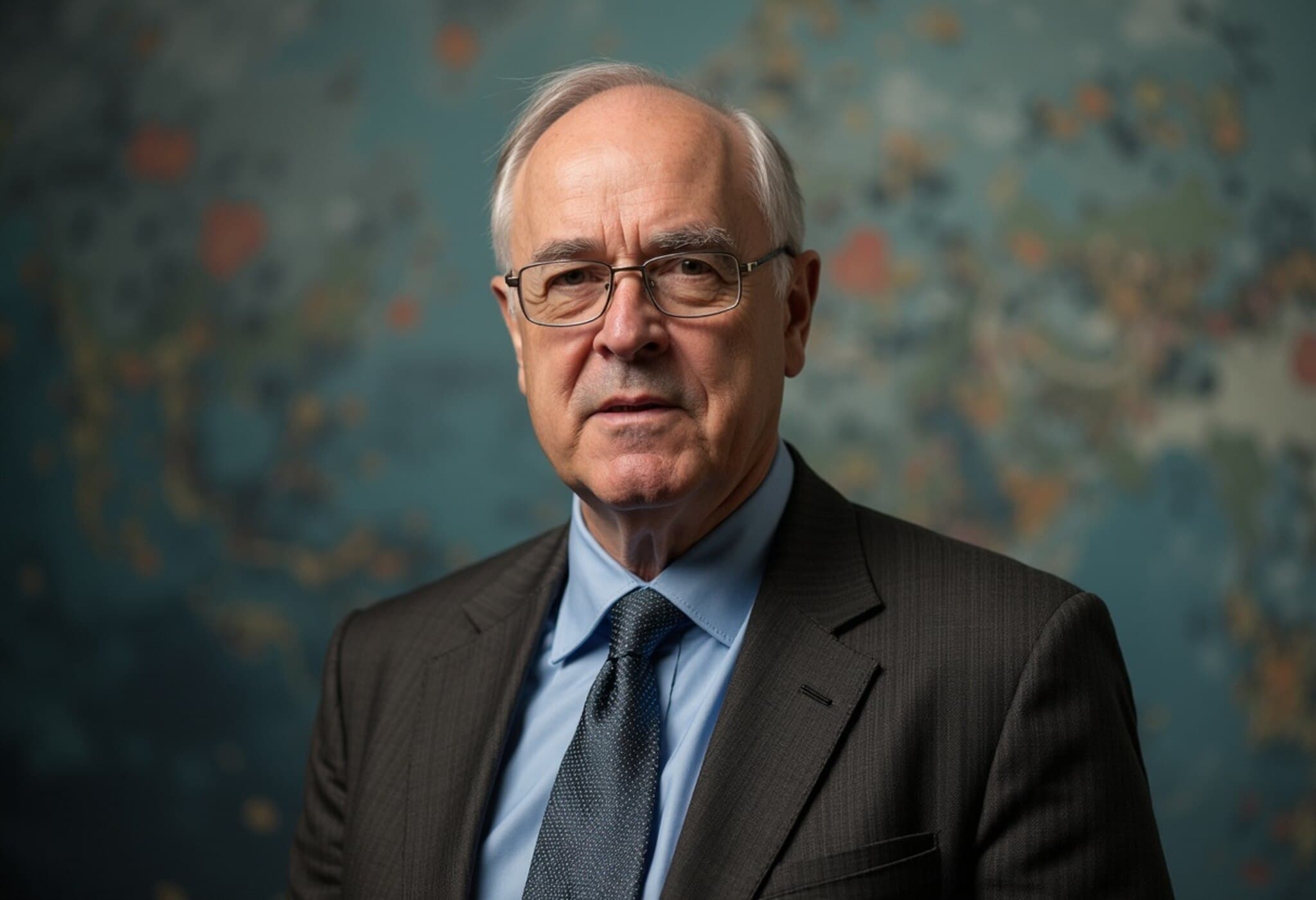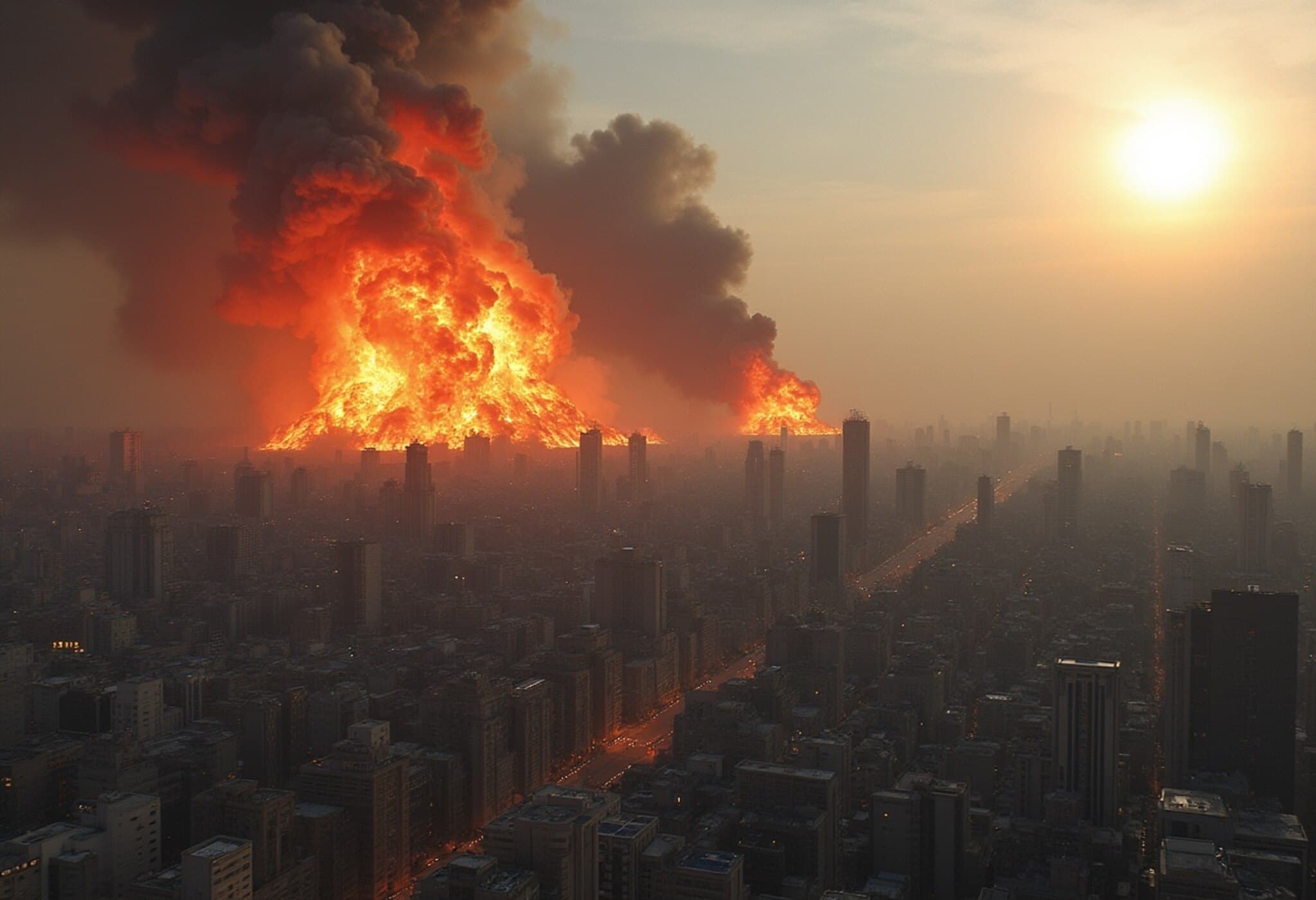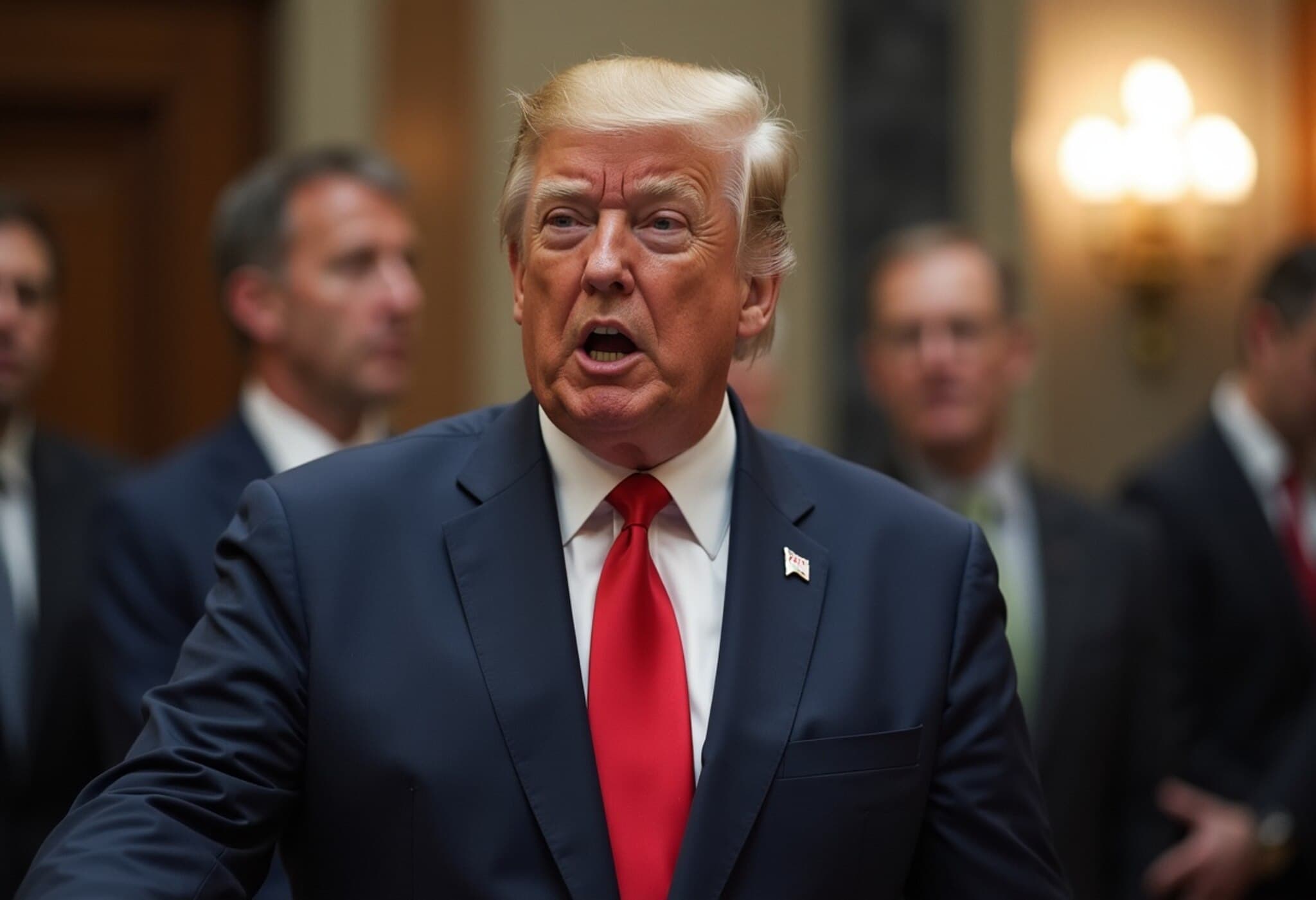Israel Confirms Uranium Not Fully Destroyed, Reveals Attempt to Assassinate Khamenei
In a revealing interview, Israeli Defense Minister Israel Katz disclosed that Israel’s recent military operation in Iran did not eliminate all of the country’s enriched uranium reserves. He underscored that the joint U.S.-Israeli stance anticipates Iran will eventually be compelled to surrender the remaining material.
Katz also admitted that Israel had attempted to assassinate Iran’s Supreme Leader, Ayatollah Ali Khamenei, during the conflict but ultimately found no viable operational opportunity to carry out the plan. He dismissed suggestions that Israel needed U.S. permission for such actions, firmly denying any restrictions placed by Washington.
Iran Evaluates Future Cooperation with IAEA Amid Parliamentary Changes
Iran’s Foreign Minister Abbas Araghchi announced that Tehran is carefully assessing how it will engage with the International Atomic Energy Agency (IAEA) following a contentious new law passed by Iran’s Parliament. This review also extends to Iran's potential continued participation in the Nuclear Non-Proliferation Treaty (NPT).
Araghchi criticized the IAEA for failing to condemn the strikes on Iran’s nuclear facilities by the U.S. and Israel, labeling such attacks as "unforgivable crimes" under international law. Although inspections by the IAEA have currently ceased within Iran, the Foreign Minister suggested that diplomatic channels are still open for negotiation, pending further legal analysis of the parliamentary legislation.
No Agreement on Resuming U.S.-Iran Nuclear Talks, Says Iranian FM
Contrary to speculation, Araghchi clarified that Iran has not agreed to resume nuclear negotiations with the United States, nor has any meeting date been set. He warned that the recent military confrontations have only hardened Iran’s stance, making any future talks more challenging than before.
“Human lives have been lost, and this won’t make negotiations easier,” Araghchi said, emphasizing the severity of the situation post-conflict.
Iran Reaffirms Unwavering Commitment to Nuclear Program Despite Pressure
Esmaeil Baghaei, spokesperson for Iran’s Foreign Ministry, reiterated the country’s firm position on its nuclear ambitions despite sustained external pressure, threats, and military actions. He argued that such actions violate international norms and have failed to deter Iran.
Baghaei also dismissed accusations that Iran was stalling negotiations prior to the Israeli assault, asserting these claims reflect a lack of sincerity from the American side. He highlighted that Iran's engagement in talks exposed the opposing party's duplicity.
Highlighting deep-rooted mistrust, Baghaei noted, "We were negotiating in an environment of absolute distrust, rooted in a history of broken promises by the other side."
Summary
- Israel did not destroy all of Iran’s enriched uranium and attempted to assassinate Ayatollah Khamenei but failed operationally.
- Iran is reconsidering its cooperation with the IAEA and possible continuation in the NPT following a newly passed parliamentary bill.
- No deal or date has been finalized to restart nuclear negotiations between Iran and the U.S., with Iran citing recent military actions as a major obstacle.
- Iran maintains its nuclear program stance amid external pressures and claims a history of distrust influencing diplomatic relations.

